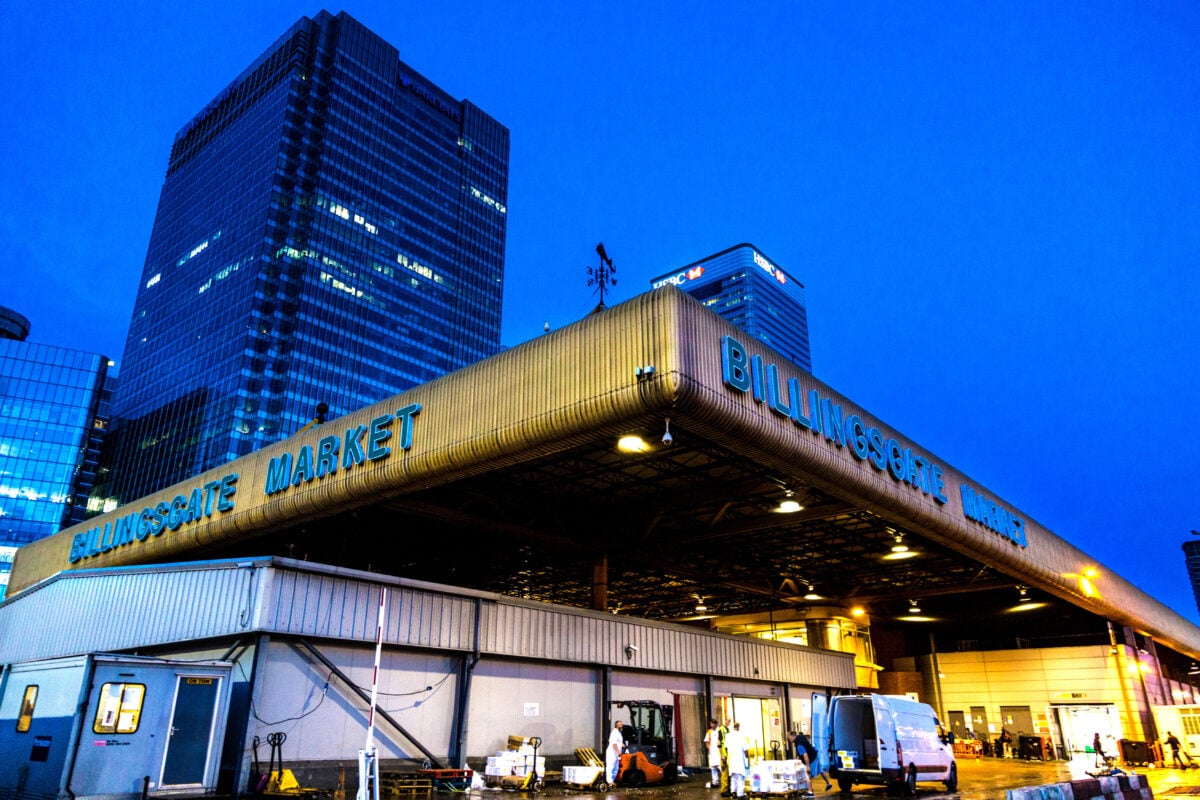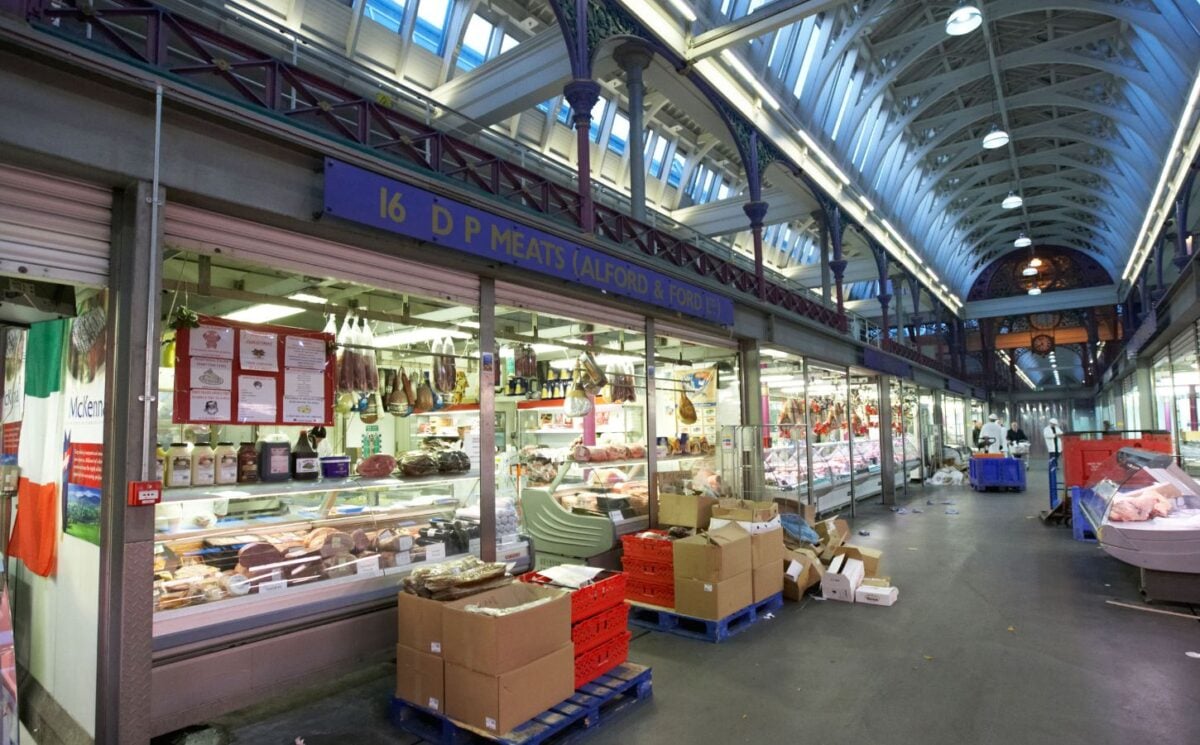The centuries-old Smithfield meat market will cease trading by 2028, the market’s owner the City of London Corporation has announced.
Read more: Unilever Explores Sale Of The Vegetarian Butcher
The Corporation, which is the City’s government authority, voted down plans to move the market from its historic home in Farringdon to a new site in Dagenham due to spiralling costs. Canary Wharf’s Billingsgate fish market was also going to be relocated to Dagenham but will now be closing as well.
Smithfield is now set to be turned into a mixed-use cultural development. Billingsgate is likely to become the site for new homes. The Corporation has offered compensation for traders and assistance finding new premises. According to the Guardian, Henry Pollard, chair of the markets committee for the City of London Corporation, warned that the proposed compensation – which may exceed £300 million – could be a misuse of public funds.
Biggest meat and fish markets in the UK

Smithfield is the UK’s biggest wholesale meat market and has been operating in some form for at least 800 years. In 2019, around 400 activists from Animal Rising, then called Animal Rebellion, occupied the market to demand a shift to a plant-based food system. The National Animal Rights March also began and ended in Smithfield in 2021.
Read more: Plant Protein Is Equal To Meat, Beef Industry-Funded Study Finds
Market traders butchered and sold about 400,000 tons of meat a year in the 1950s. Nowadays it processes about 100,000.
Billingsgate, the largest inland fish market in the UK, has been in operation since the 16th century. It relocated from its original site in Billingsgate Dock to near Canary Wharf in 1982. It sells an average of 25,000 tons of fishes and fish-derived products a year.
According to City AM, declining consumption of meat and fish were a factor in the decision not to move Smithfield and Billingsgate.
Read more: Vegan ‘Seafood’ Brand Secures Big Investment On ‘Shark Tank’






